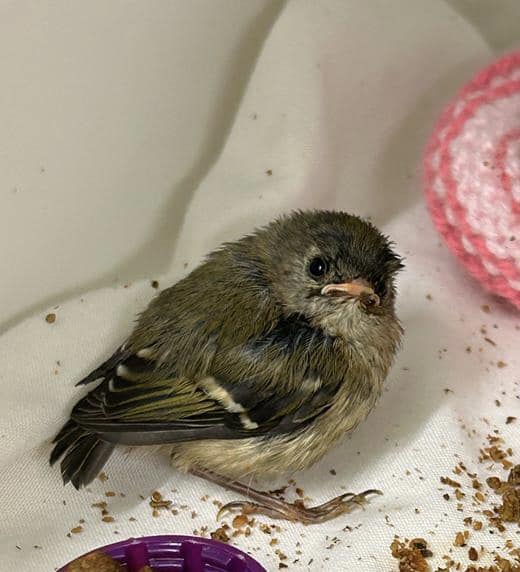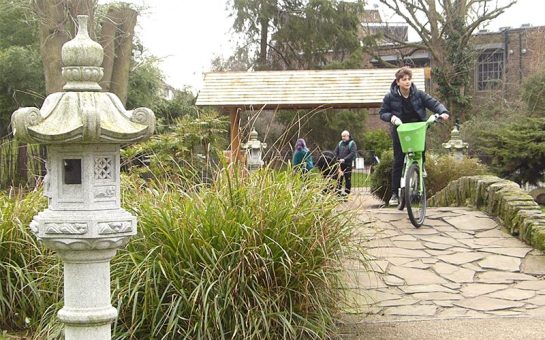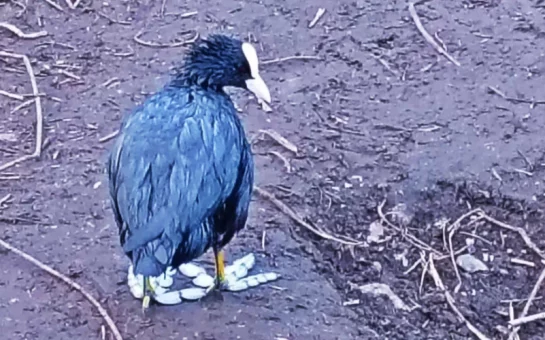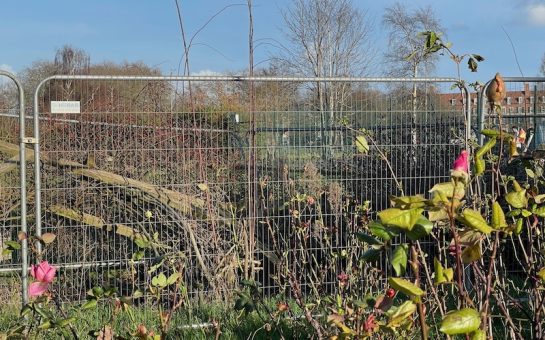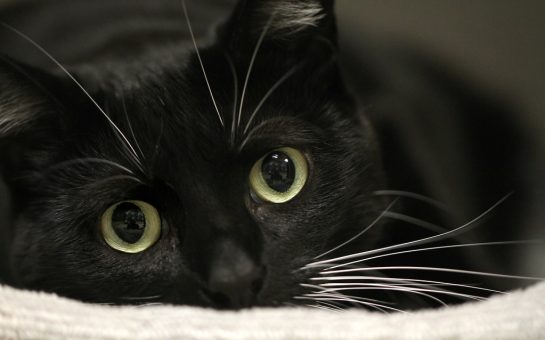Baby bird season is upon us and tens of thousands of people are expected to head to the RSPCA’s baby bird advice webpage for information on how to help a baby bird found outside their nest.
June is a peak baby bird month and new RSPCA data reveals that last year there were 30,865 hits to its baby bird advice webpage in just two months, with 13,468 in May rising to 17,397 visits in June.
This equates to almost 500 people every day seeking guidance on how they could help baby birds during those two peak months.
While online guidance now dominates, the RSPCA has also taken nearly 19,000 calls about baby birds from the public since the beginning of 2021 – the majority of which come in during the peak months.
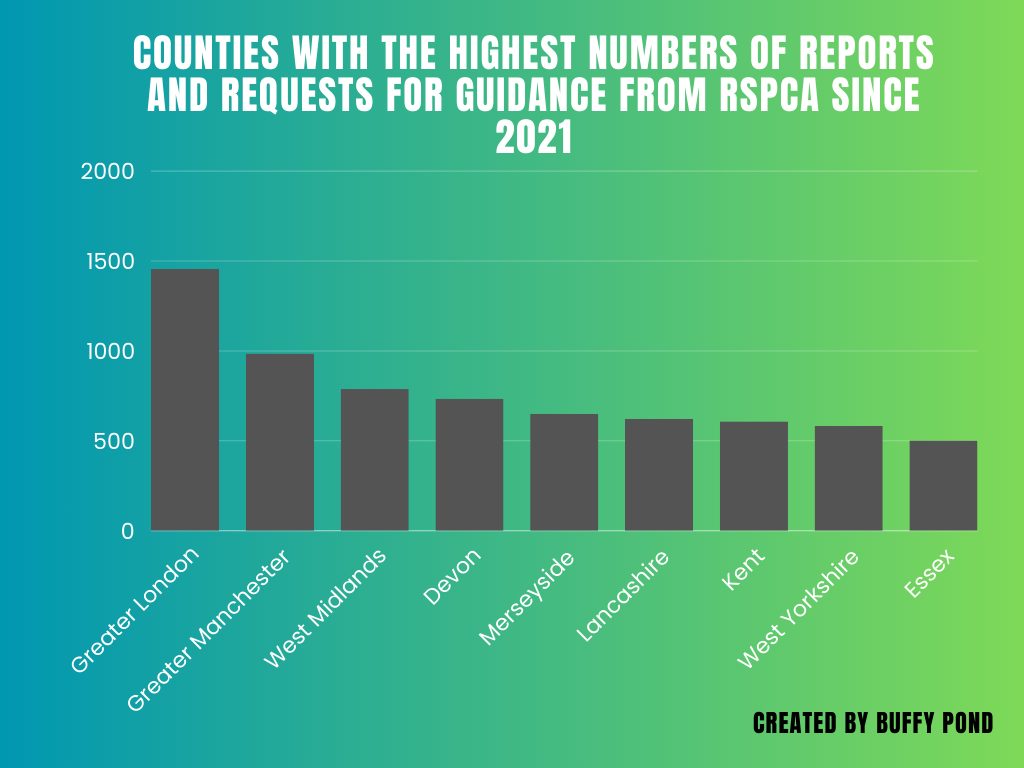
However, the best way people can help baby birds is by heading to the RSPCA’s website for advice – and tens of thousands are expected to do so in the coming months.
How the RSPCA advises people to help these baby birds out of the nest depends on the age of the animal and whether they are a nestling or fledgling – meaning whether a little bird’s feathers have grown yet.
RSPCA scientific officer Rebecca Machin said: “It’s wonderful that so many people want to do the best for our wild birds, particularly if a baby bird has been found out of its nest.
“And it’s great that tens of thousands of people are following our online guidance on how to help – rather than calling us – as this is usually the best and fastest way to help them.
“While in many cases, the advice will be that there’s no need to intervene, especially if the bird is a fledgling, it’s great to have so many people showing they are for every kind by looking out for these baby birds.
“But if action does need to be taken, then every time a wild animal is helped by the public it frees up our vital specialist rescuers to reach animals suffering heart-breaking cruelty and neglect, a job no other charity does.”
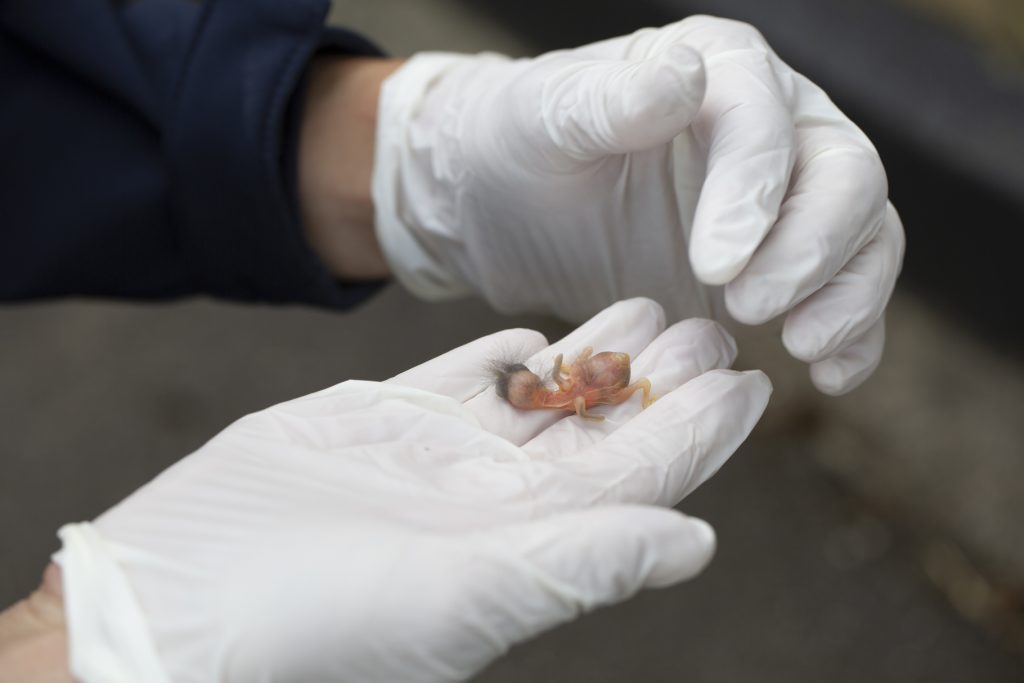
Image provided by the RSPCA – a nestling sparrow
The Royal Society for the Protection of Birds (RSPB) is the UK’s largest nature conservation charity and does not have the expertise or facilities to rescue sick, injured or orphaned birds but instead provides more detailed advice.
RSPB spokesperson Emma Horton said “Every year we get hundreds of calls from caring members of the public about baby birds out of the nest.
“But for most species of baby birds, providing they’re not sick or injured and are fully feathered, this is perfectly normal and it’s usually in their best interest to leave them be.
“Baby birds intentionally leave the nest before they can fly and may appear like they need rescuing.
“However, give it a few days to a week and they’ll have finished growing their final flight feathers and be on their way.
“Birds take far better care of their young than humans can and taking baby birds into captivity unnecessarily can dramatically reduce their chances of long-term survival.”
“So, if you find a baby bird and you’re worried, we’d recommend following the advice on the RSPCA website.”
The RSPCA urgently needs more people to help every kind of animal. It has produced some quick and easy tools at rspca.org.uk/adviceandwelfare/wildlife to support people to get wildlife the help they need as quickly as possible.
Featured image provided by the RSPCA – West Hatch wildlife centre fledgling goldcrest
